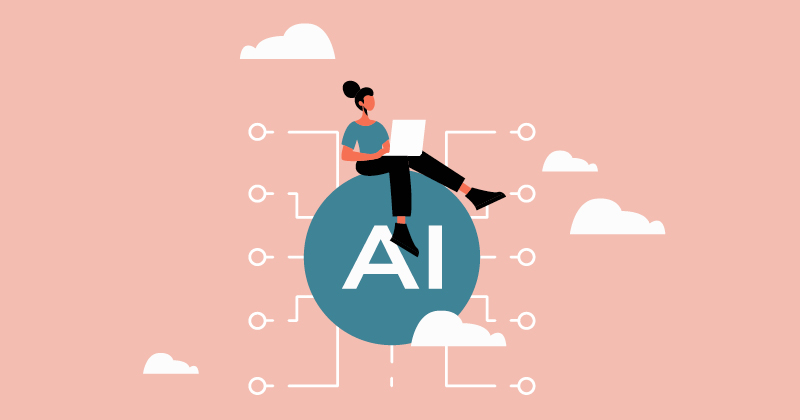AI has become impossible to ignore. From lesson planning to client communications, it is reshaping how we work and live.
Yet in FE, many staff and students are still unsure how to approach it. Some worry that it is too technical, others fear it will take away jobs.
My experience at Barnsley College has shown me the opposite – AI can boost confidence, free up time and prepare learners for the world of work.
The demand for AI knowledge is growing rapidly. A recent survey of UK technology leaders found that more than half now face an AI skills shortage. At the same time, government research shows that millions of adults still lack the basic digital skills needed for work. If we fail to address both gaps, our learners will lose.
This is why we created an “Introduction to AI” course, a programme that makes AI accessible to people without a computing background. Our message was clear: AI is not just for coders, it’s for everyone!
We used Gateway Qualifications’ Level 2 Digital and IT Skills Certificate as the foundation and created a 12-week programme that balanced theory with practice. Learners worked through an “explore, experiment, explain, apply” model.
The learners’ project brief was simple: imagine you are the administrator of a new company, and you must create a suite of documents which the business will use daily. Using AI, learners produced job description templates, payroll spreadsheets and client communications. They refined these drafts, logged their process and presented the results.
What mattered was not the AI output but the learning journey.
To build confidence we introduced two models of prompt engineering; the PREP method (prepare, role, example, parameters) which helped with simple prompts, and the CREATE method (character, request, example, additions, type of output, extras) which supported more advanced tasks. These frameworks gave learners a way to communicate effectively with AI rather than treating it like a search engine.
AI impact on learners and staff
Last year we delivered four cohorts with more than 40 completers. The outcomes are encouraging.
- One parent set up a GCSE maths tutor for her son using AI, which he now uses weekly for revision.
- A business development colleague halved the time needed to prepare presentations for clients.
- ESOL learners used AI for translation and to improve their CVs.
- Many described AI as “like having a personal assistant for smaller tasks once it is set up”.
The wider lesson is that AI can support both technical and soft skills. Learners leave with a tangible portfolio and, just as importantly, with confidence in their ability to use digital tools.
We have learned several lessons that may be useful to other colleges.
First, flexibility is essential. We used Gateway Qualifications’ project-based units, which meant we could adapt the course to each group’s needs and local employer demand.
Second, learning had to be hands-on. AI cannot be taught through lectures alone. Learners need to experiment, fail, and try again.
Third, quality assurance requires a focus on process. We do not mark AI outputs directly, instead we assess the evidence of how learners planned, tested and reflected. This keeps standards rigorous and avoids the trap of students simply submitting machine-generated work.
Finally, misconceptions have to be addressed directly. AI is not going away, and it is not a threat to every job. But somebody with AI skills on their CV will always be more competitive than somebody without them.
Where next?
Barnsley College is expanding AI provision to more levels and age groups. We will continue to monitor how learners apply their new skills in work and further study. Most importantly, we want to share our practice with other providers so that no one has to start from scratch.
AI should be treated as a new frontier of digital literacy. Just as colleges once had to ensure that learners could use word processing or spreadsheets, we now need to ensure that they can use AI responsibly and effectively.
My advice to other FE providers is to start small – but start soon. The sooner we normalise AI as a tool, the better prepared our learners will be for the future of work.












Your thoughts